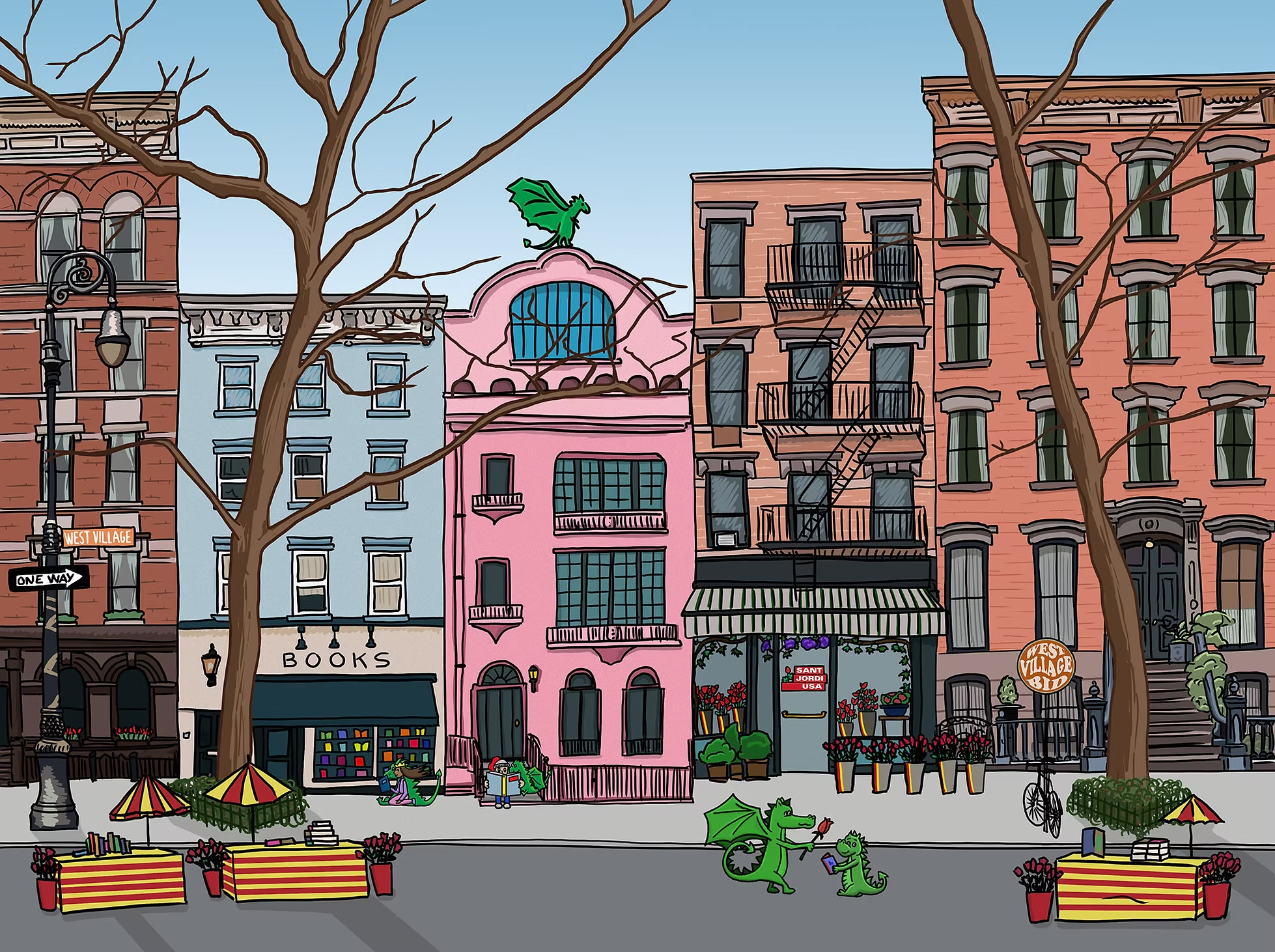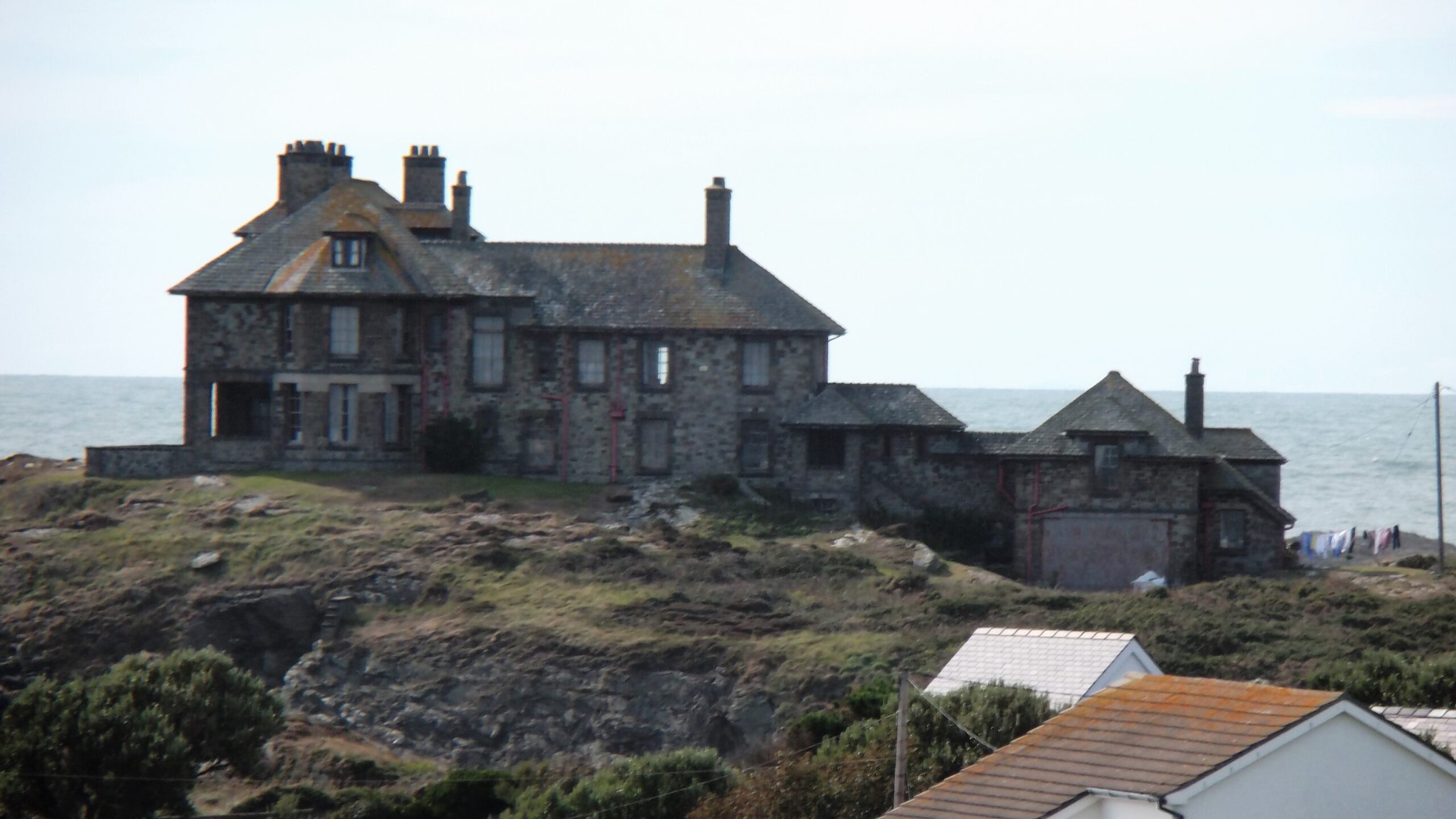Some of The Common’s Arabic fiction contributors, MARYAM DAJANI, ESTABRAQ AHMAD, and ISHRAGA MUSTAFA HAMID, made virtual appearances at the Sant Jordi Book Festival last week! The hybrid celebration, sponsored by the eponymous Sant Jordi in New York, is held annually in New York City to raise awareness of literature in translation, and pays homage to the famous Sant Jordi Book Festival in Barcelona, where the streets are lined with bookstands and flower stalls in honor of “the St. Valentine’s day of Catalonia.” The Farragut Fund for Catalan Culture in the United States sponsors the festival and is led by MARY ANN NEWMAN, a renowned Catalan translator and contributor to TC’s Issue 28 portfolio of Catalan women’s literature in translation.
It might be too late to grab a book and a rose, but you can get a feel for the beautiful festival by checking out the readings of Dajani, Ahmad, and Hamid’s stories below—which includes a sneak peek at our Issue 29 Amman portfolio, launching next week!










